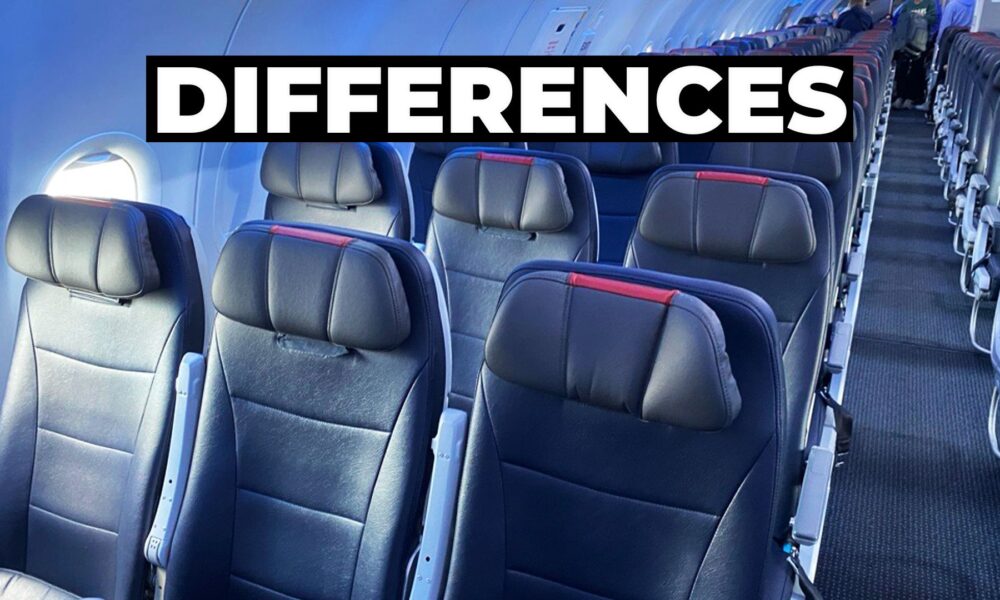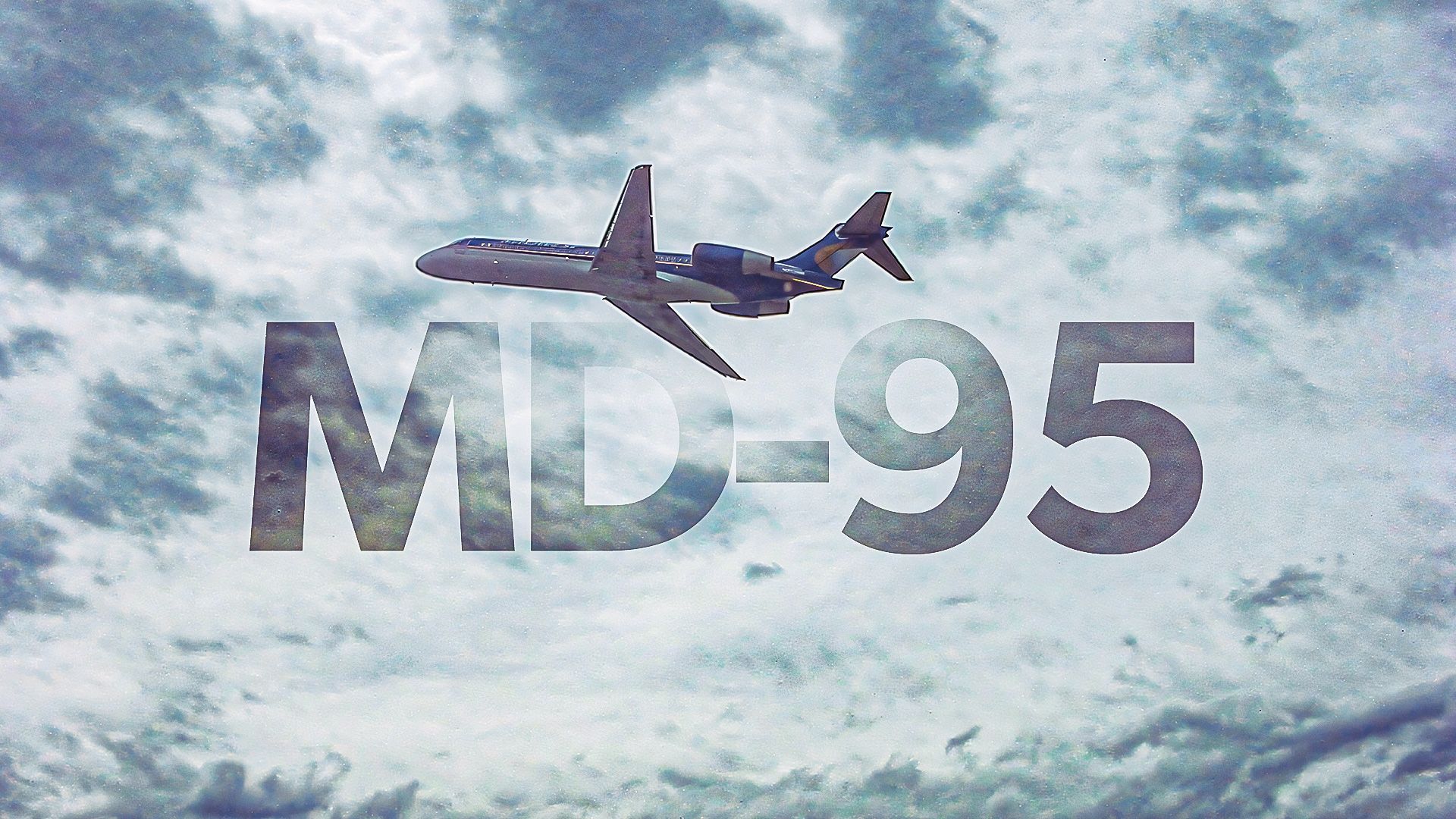Airlines have begun to reshape the travel experience by introducing a new fare structure aimed at attracting budget-conscious travelers. This approach has led to the emergence of the basic economy fare class, which offers the lowest ticket prices but comes with significant restrictions. Initially launched by Delta Air Lines in March 2012, basic economy has since become a staple across many airlines, including United Airlines and American Airlines.
Defining Economy and Basic Economy
Economy class remains the most commonly used travel class, characterized by limited legroom, narrower seats, and basic meal options. It is often seen as the least desirable cabin but provides the most affordable way for passengers to travel globally. Basic economy, however, is a ticket type within the economy class, not a separate cabin. Passengers purchasing basic economy tickets often face restrictions such as no seat selection, boarding last, and limited baggage allowances, making it a less flexible option compared to standard economy fares.
The introduction of basic economy was primarily a response to the increasing competition from ultra-low-cost carriers like Spirit Airlines. These budget airlines have been able to offer significantly lower fares, prompting legacy carriers to adopt similar pricing strategies. While the basic economy fare may seem cheaper at first glance, it often results in additional costs if changes to the itinerary are required.
Restrictions and Variations Among Airlines
The restrictions associated with basic economy fares vary among major airlines. For instance, Delta Air Lines prohibits pre-selection of seats for basic economy travelers, who also board in the last group and earn no frequent flyer miles. Similarly, United Airlines implements its own restrictions, where passengers cannot check bags unless they hold eligible MileagePlus status. On the other hand, American Airlines allows basic economy passengers a checked bag, albeit with fees for seat selection.
These fare structures are not limited to U.S. carriers. Airlines in Europe, such as Air France, KLM, and the Lufthansa Group, have adopted similar policies, typically restricting seat selection and checked baggage. Asian airlines like Etihad Airways have also introduced basic economy fares with comparable limitations.
Despite the potential drawbacks for passengers, airlines emphasize that basic economy fares help them remain competitive in a saturated market. The strategy enables them to offer more choices while capitalizing on upselling opportunities. The terms of basic economy fares create a scenario where the airlines can promote higher fare classes to customers who need more flexibility.
As the landscape of air travel continues to evolve, airlines are beginning to explore the possibility of introducing basic economy-like fares in business class. In 2019, Emirates unveiled a “Special” business class fare on select routes, which includes limited amenities. Executives from both Delta and United have hinted at similar offerings, focusing on providing more options to meet diverse customer needs.
The shift towards basic economy and the potential introduction of similar fare structures in business class represent a significant change in how airlines approach pricing and customer service. As airlines adapt to changing market dynamics, the options available to travelers will likely continue to diversify, impacting the overall travel experience.







